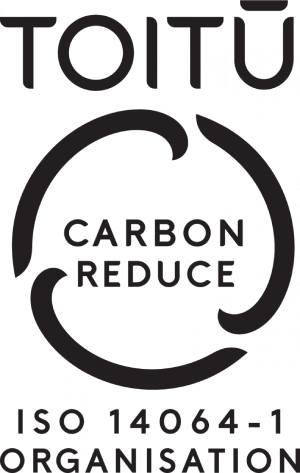Open, early Commissioning Conversations are the starting point for quality policy.
The questions listed on the next page are a guide for effective Commissioning Conversations. They can help you consider the most important elements that shape a policy project and determine the quality of its outputs.
A Commissioning Conversation kicks off the Start Right Exploration phase. Adopting the right behaviours and continuing to have open conversations through the Exploration phase will improve the overall quality of the thinking. The Start Right Guide has more information on the Exploration phase and how to use this document.
There’s no right way to document a Commissioning Conversation. These prompts should guide you to capture and share the outputs of the conversations in a way that works for your context. They provide critical inputs for the Start Right Exploration phase.
Policy commissioning behaviours and values
When having a Commissioning Conversation, there are certain traits that increase your chance of success.
Curiosity and openness
- When you’re starting out, focus on outcomes, impact and objectives, rather than jumping to solutions or policy options.
- Seek out a range of voices and opinions, including on what the problem is.
Political savvy
- Test your thinking with senior people or experienced and trusted advisors.
- Ask “who are all the people who need to agree to this?”
Stewardship
- Know the views of your minister but ask what a future or different minister might want.
- Ask what the impact is on the next generation of people in New Zealand.
Agility
- Ask what would change if a major assumption turned out to be incorrect.
- Think about what you would do differently if you had half the time or resources. What if you had double?
Courage and honesty
- Ask for more clarity, if necessary, from busy or difficult commissioners.
- Admit that you don’t have all the skills and resources to do the job, and seek support by partnering with others.
Conversation prompts
Policy context and purpose
- Why are we doing this project? Why now? How will our advice be used?
- What is success? Who will benefit and who might lose out?
- What are our starting assumptions?
- What has been done before? Are there previous advice or existing policy settings to consider?
- Who are our authorisers/customers (e.g. ministers) and what are their expectations and views?
- What is the role of our policy function in delivering the outcome? Who else needs to be involved?
- Is this work supported by other agencies, ministers and external stakeholders? Is there any resistance? Are there any sensitivities we need to manage?
- What are the key risks and current issues? What will happen if we do nothing?
Policy impact and quality
- What is the response or decision we want from this work?
- How will we know when we have succeeded? Are we aiming for good advice or a good outcome?
- What is in scope? What is not in scope? What level of flexibility do we have?
- How will support and agreement be reached and secured? Who needs to be convinced?
- What is the right depth, accuracy, format and style for this advice?
- What have we done before this? What have others done? How does this fit in with other work?
- How will we ensure quality throughout?
- What are our key messages or communications aims? Who is our audience?
Policy approach and collaboration
- What are the timeframes and key milestones? What level of flexibility do we have?
- Who is in the chain of authorisation and what do we need to do to prepare them for our advice?
- From whose perspective are we viewing this issue? What data or evidence should inform our advice?
- Which collaborators across our agency/other agencies/external partners should be involved?
- What is the priority of this policy initiative? What resources and costs are appropriate?
- What have we learned from previous projects or quality processes that should shape our approach?

